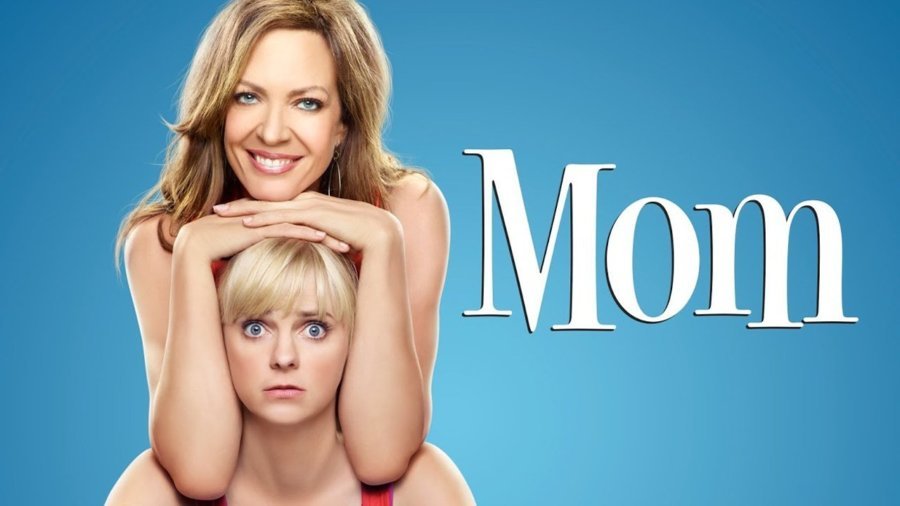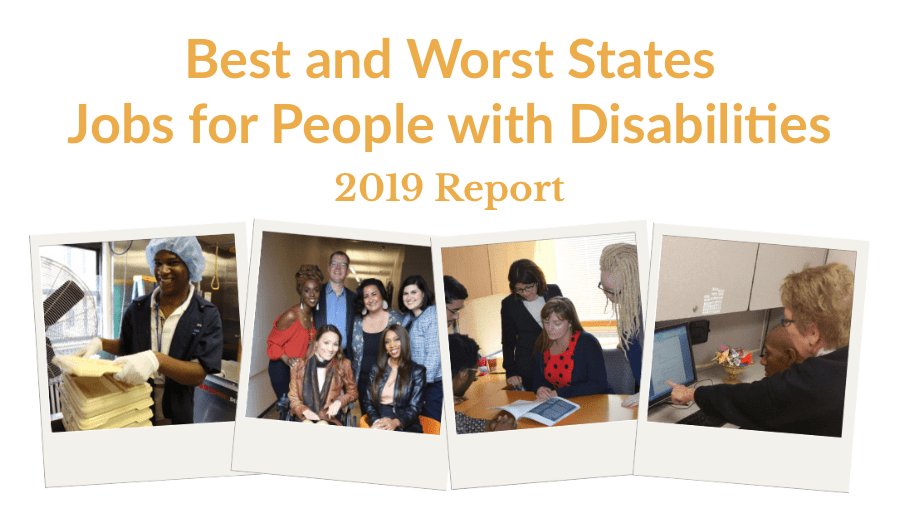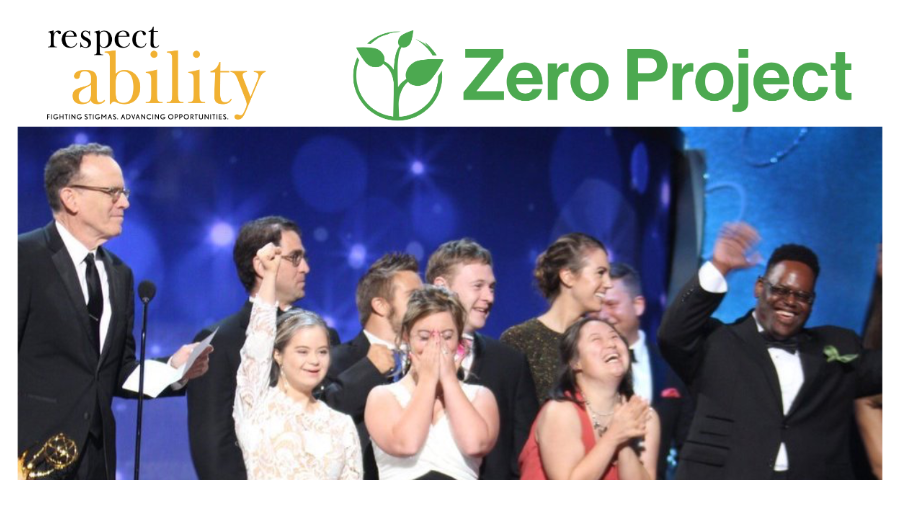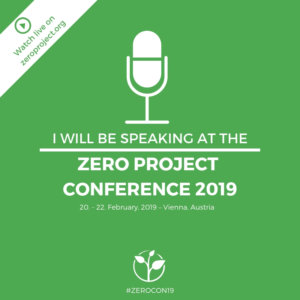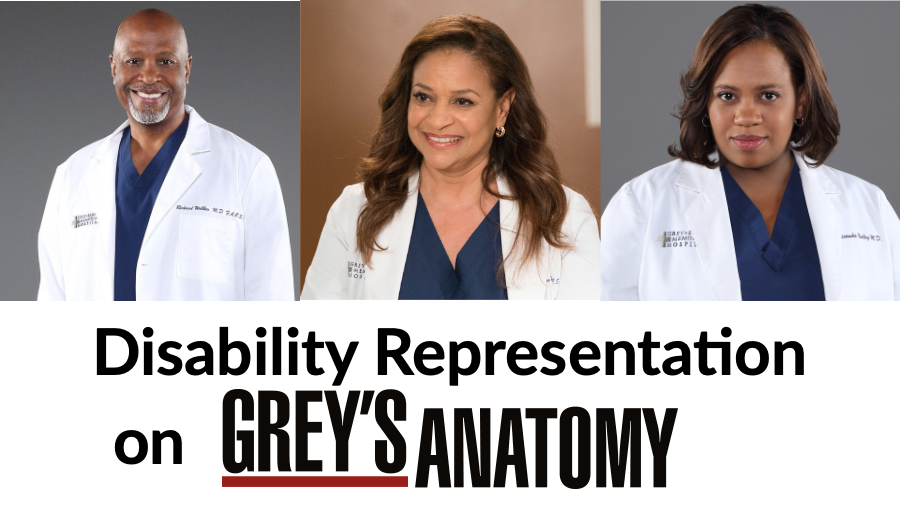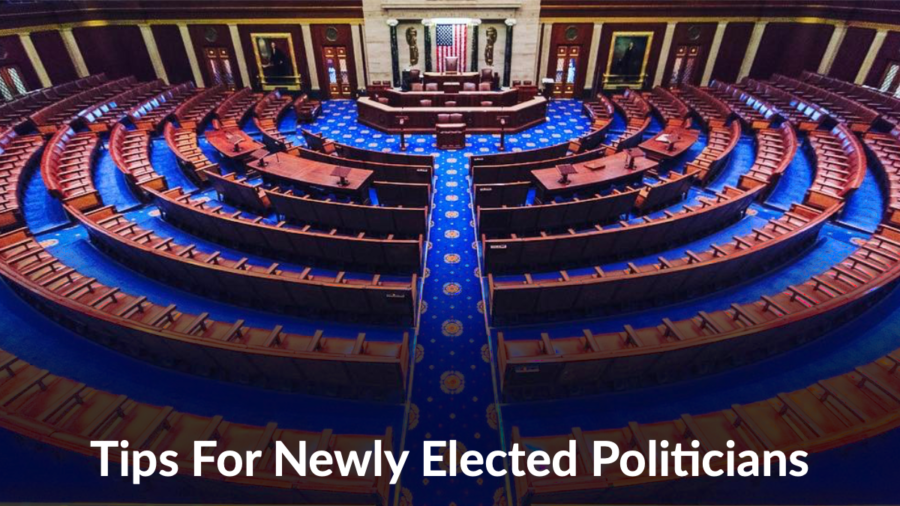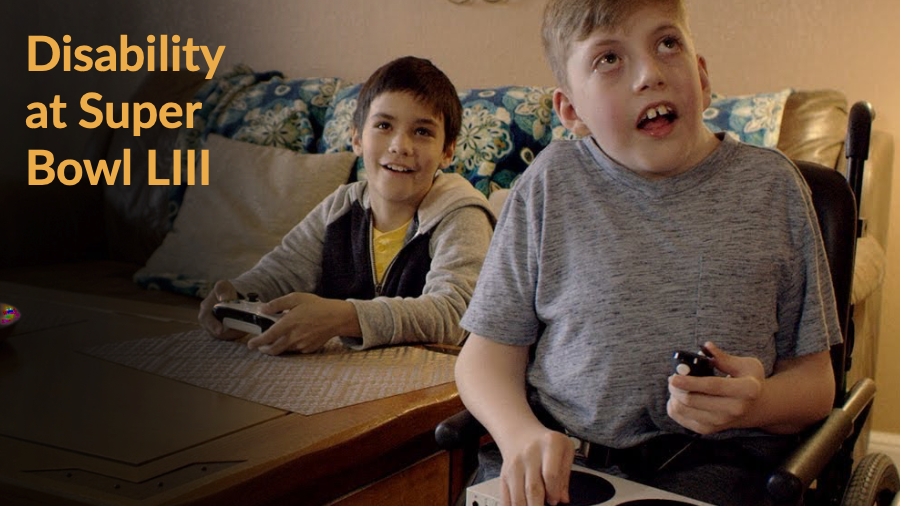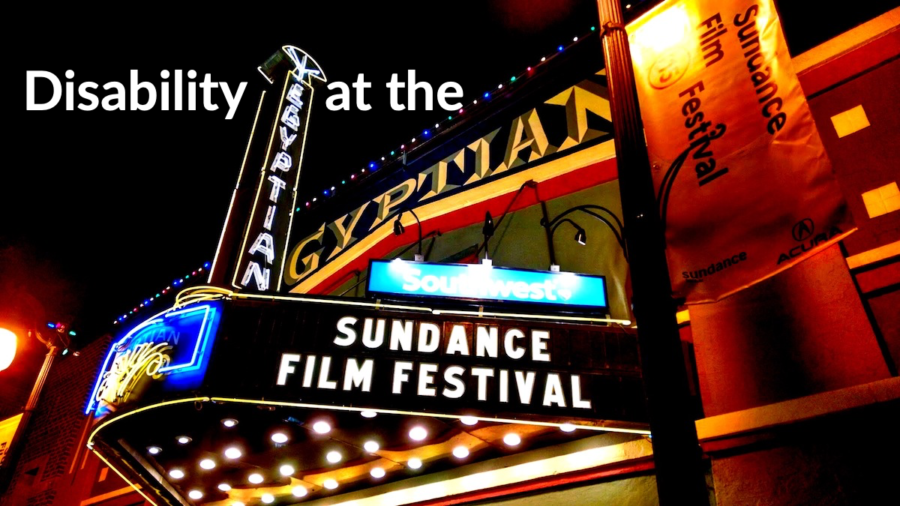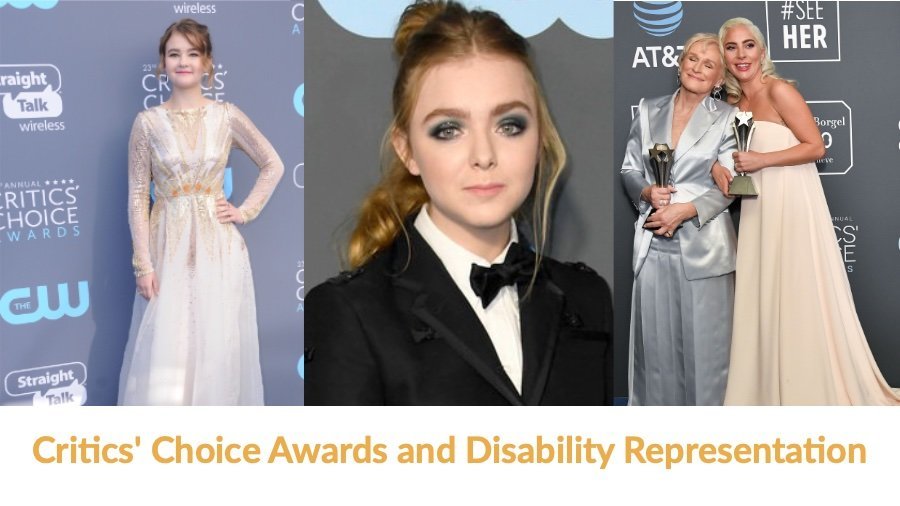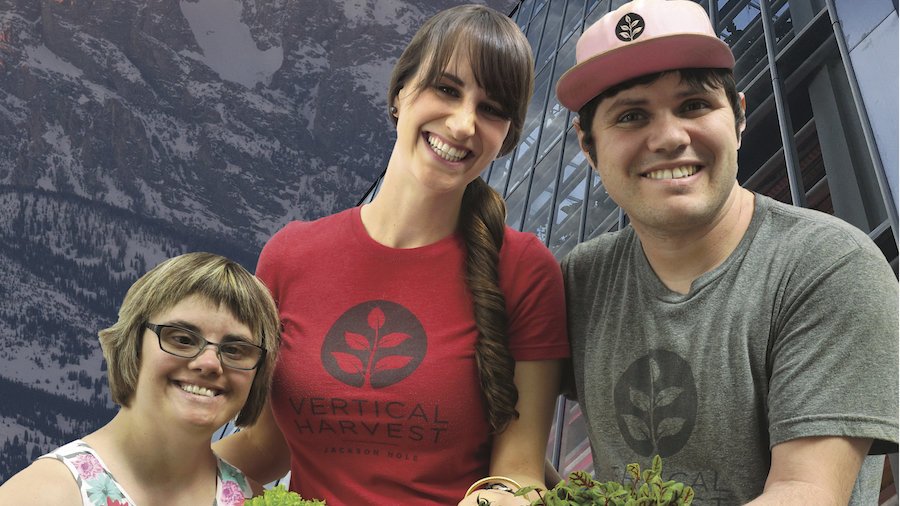From Intellectual Disabilities and ALS to Mental Health and Deafness, Sundance Films Showcase Variety Important Disability Topics
Park City, Utah, Jan. 24 – As Hollywood takes over Park City, Utah, many conversations are taking place about the importance of diversity and inclusion.
While stats exist, for example, for the number of films directed by one or more women (40% – 45 of the 112 feature films), directed by one or more filmmaker of color (36% – 40) and directed by one or more people who identify as LGBTQIA (13% – 15), no such statistics yet exist for people with disabilities.
However, the festival is taking steps to ensure that disability is fully included in all diversity initiatives, expanding beyond previous focuses on gender, race and sexual orientation.
Karim Ahmad, Director of Outreach & Inclusion at Sundance, has worked with several partners and organizations to further the inclusion of people with disabilities at both the festival and at events throughout the year.
“As we’ve grown our Outreach & Inclusion program over the last year, it’s been deeply important for us to include artists with disabilities in our planning,” he said. “At the Festival, we’ve made considerable advances to bring more accessibility to screening and panel venues, including an elevator at the Filmmaker Lodge and closed captioning and audio description capabilities at all screenings. In our the artist programs, we’ve included artists with disabilities as one of our core priorities for support in targeted fellowships for both emerging and mid-career creators from underrepresented communities, and we are seeing the beginnings of great impact.”
People with disabilities working both in front of and behind the camera have taken notice.
“Hollywood is beginning to wake up to the fact that people with disabilities represent a major slice of American life, and that there is tremendous creative potential, talent and market power just waiting to be tapped,” said Delbert Whetter, who is deaf and the Chief Operating Officer & Head of Business Affairs of Exodus Film Group, as well as a board member for RespectAbility, a nonprofit organization fighting stigmas and advancing opportunities for people with disabilities. “Nowhere are the pioneers of this movement better demonstrated today than at Sundance and in independent film.”
Tatiana Lee, an actress who is a wheelchair user, added: “Sundance is a big deal in the film industry. So to be making big strides this year to include disability, in the films, talent, and panel discussions is an amazing step forward in Hollywood’s inclusion of people with disabilities. As a actor and creative in this industry it gives me great hope toward more opportunities for our community in Hollywood.”
The festival, which prides itself in showcasing the most diverse voices in independent film, will take place from January 24 – February 3 in Park City, Salt Lake City and at Sundance Mountain resort in Utah. In addition to many films promoting inclusion, a panel on disability inclusion will be held on Saturday.
Below please find a guide to films featuring disability in the plot or talent with disabilities. [continue reading…]



